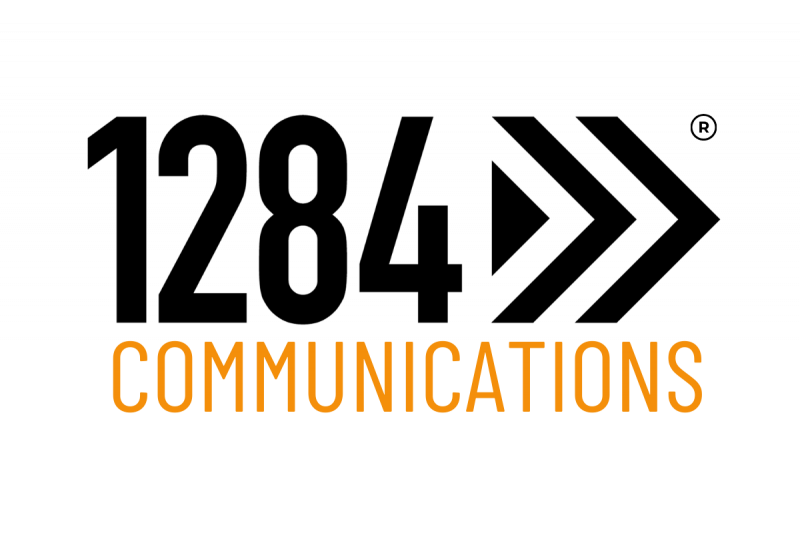
1284 is a strategic communication consultancy in Loughborough. Working on G2B and B2B accounts, it specialises in East Midlands innovation and regional economic development. A Good Business Charter-accredited company, 1284 is led by two former journalists turned chartered PR professionals. Its first apprentice, Lauren Cropper, started work as a PR Executive in late July. We spoke with managing director George Oliver about the recruitment process.
What was the reason you decided to hire a PR & Comms Apprentice?
We’d been considering it for a couple of years. The local Careers Hub is one of our clients, so we do a bit of work around the apprenticeship space. However, we didn’t want to recruit until we were in a position where we would have enough senior people to provide a good learning experience. Once we had those people in place, we made the decision that an apprentice would gain a rounded 20 months that would properly set them up for a career in the industry. At that point, we began looking around to see who provided the best training programme. We narrowed it down to three 5-star rated providers, of those we then chose the PRCA. We liked its commitment to industry quality and measurability.
You used the PRCA recruitment service to hire your current apprentice, Lauren. What was this process like?
It was very smooth. To be frank, we were just going to run the process ourselves. However, the PRCA told us that we would likely have a good response to our ad, so we commissioned their service to manage the applications and shortlisting. It was a good decision in the end: we had nearly 100 applicants. We would have wanted to feed back to them properly and that would have taken a chunk of time. As it was, we received the shortlist of four we requested, all with comprehensive notes from the PRCA relating to the initial phone interviews. Each of the shortlisted interviewees fitted our brief and each was a strong candidate.
How supportive was PRCA during the enrolment process?
Very supportive. We used the PRCA’s detailed notes from the telephone interviews to prepare for the in-person interviews. We then built a scoring system which combined our scores with those from the phone interviews. It made for a more comprehensive process. After that, the paperwork came through smoothly and enrolment ran according to the schedule we had prepared three months before. We stuck to our planned timeline but the PRCA offered to accelerate if required. We were moving office, though, and everything just fell into place as planned in the week we made the switch.
It’s early days, but how do you see Lauren contributing to the business in the future?
Lauren hit the ground running. We had a broad plan for her first six months, but it was clear after her first week that she was going to move far faster. She’s already been sitting in on AI training and thinking through process automation for some of our internal admin systems. Shaping that will be massively useful to our overall productivity. She’ll then take over our own digital marketing, moving on to client accounts as she develops more experience and gets further into her PRCA training.
What is some advice that you would give to an employer considering hiring an apprentice?
Offer the best terms you can afford. We wanted to put together an attractive package that would draw the attention of a future leader. We offered a salary based on the real living wage, as well as some other bits and pieces. With the PRCA training on top, it was a pretty reasonable graduate-level offer and it drew a strong field of applicants as a result. It meant we got a good group of interviewees - and a great apprentice in Lauren.
